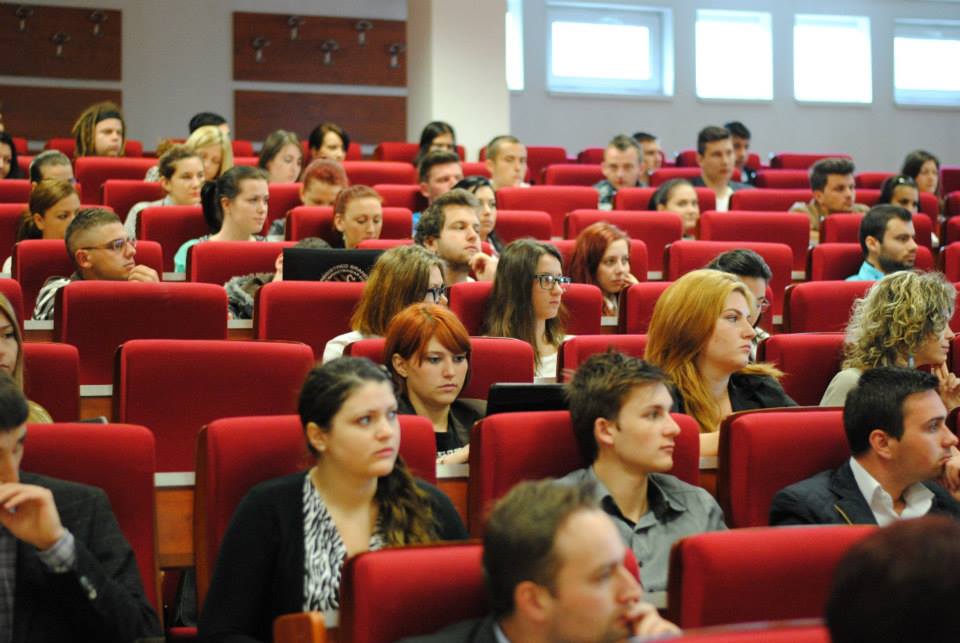Doctorate in communication sciences
The Doctoral School of Political and Communication Sciences has a short, but prolific history, through its large number of students, research and development activities.
Information on completing doctoral studies and the public defense of the doctoral thesis can be found following this link.
Information about the abstracts of doctoral theses to be defended publicly can be consulted following this link
GUIDE FOR COMPLETING THE PH.D. THESIS
Useful documents
Study contracts
Comunication SciencesPolitical Sciences
Study plans
Political and Comunication SciencesMission
The Doctoral School of Political and Communication Sciences was founded in the academic year 2009/2010, in accordance with the Order of the Minister of Education, Research and Innovation, no. 3675, from April 13, 2009, and it includes two academic fields – Political Sciences and Communication Sciences.
The main mission of SDSPC is to develop an interdisciplinary scientific study and research framework, by promoting the use of digital technologies in teaching and research in the two specialized fields, Political Sciences and Communication Sciences, respectively by correlating the curricular offer with the innovations imposed by the digital transformation in the research of the two fields within the national and international framework. The Doctoral School of Political Science and Communication benefits from the support and involvement of all teaching staff of the Department of Political Science, respectively of Journalism and Digital Media, as well as of the Center for the Study of Democracy, of the Center for Comparative Study of Migration, of the Center for Research Media Systems and Languages, and of the Media Center.
The Doctoral School of Political Science and Communication assumes an active role among the national and international academic community by engaging in research projects on relevant topics related to the digitalization of media and political communication. PhD students in the Political Science program carry out research in areas such as comparative politics, democratization, interethnic relations, Europeanization, EU policies, migration, human rights, education and research policies, religion or political elites. Research topics proposed in the field of Communication Sciences focus on Journalism in the Digital Era; Interactive storytelling in computer games; The publishing activity of some important Romanian writers; Communication, Media and Cultural Identity; Media representations in traditional media (print media, television) and new media; Emerging trends in the digital media industry, European Communication and more.


